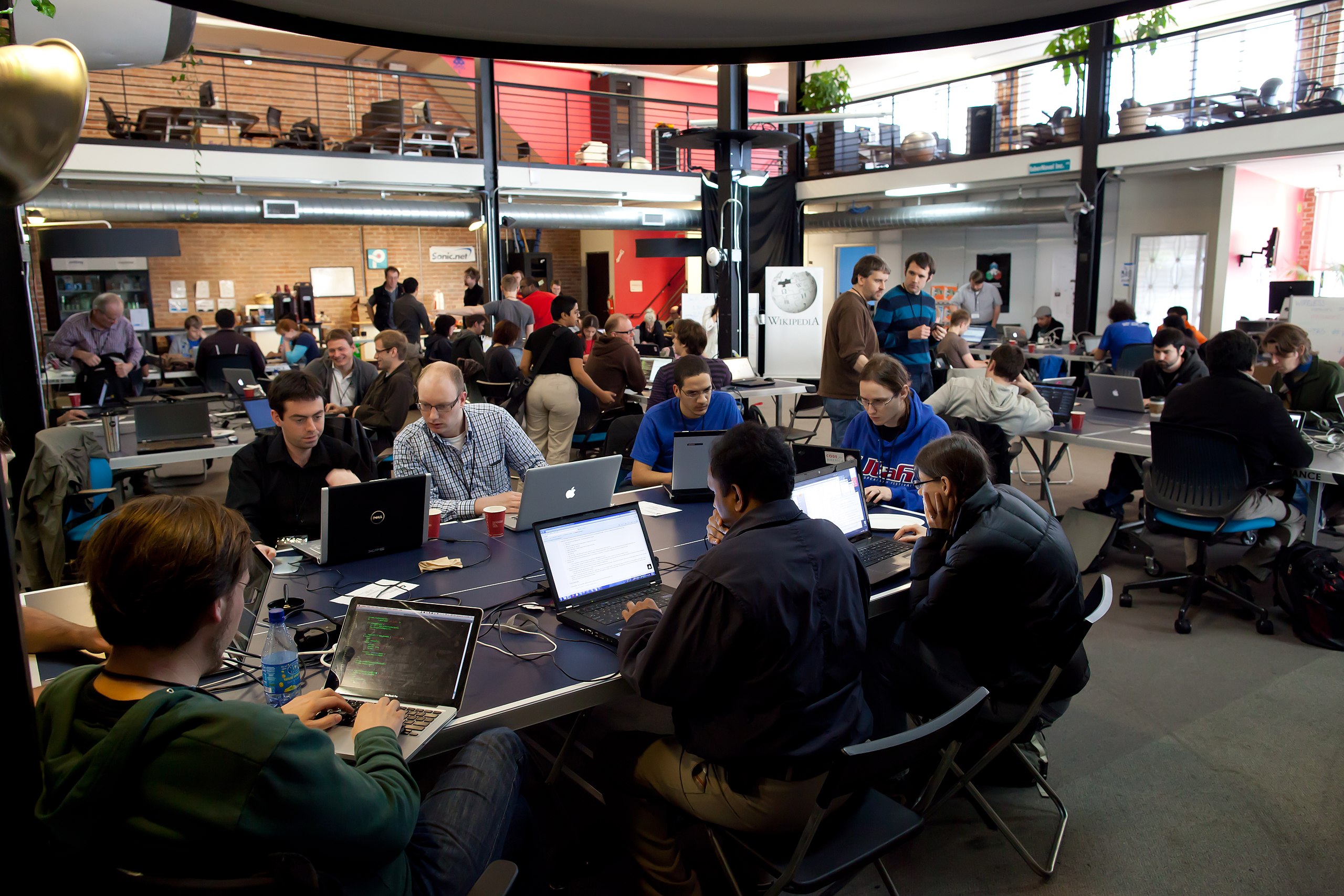
She-hackers
University College London
UK, 2010-11
Role:
Researcher
Methods:
Digital ethnography
Participant observation
Interviews
University College London
UK, 2010-11
Role:
Researcher
Methods:
Digital ethnography
Participant observation
Interviews
In 2002, a European Commission-funded survey by R.A. Ghosh revealed that only 1.5% of F/LOSS (Free, Libre, Open Source Software) community members were female.
This gap between genders was the basis for my MSc thesis with University College London - ‘She-hackers: Millenials and gender in European F/LOSS communities’ - which aimed to understand experiences of gender identity amongst female-defined F/LOSS hackers under the age of 30 across Europe.
The research methodology was organized around three interrelated ethnographic lenses in collaboration with more than 35 informants across ‘white’, ‘grey’ and ‘black’-hat hacker cultures in the UK and Germany: User profiles of key contemporary hacker archetypes; virtual interviews on digital platforms including IRC, Twitter and forums like 4chan; participant observation hacker gatherings and spaces. Particular attention was paid to the political dynamics of participants, including hacker ethics, cyberfeminism, hacktivism, open knowledge frameworks and Free Software movement debates. Informed by these encounters, I found that Millenial-aged female hacker subjectivities were in the process of being critically and socially reworked in tandem with the particular cyber-spatial politics they had been exposed to since ‘logging on’, inviting the construction of post-gendered and gender-fluid identities that offered new freedoms for both physical bodies and virtual selfhoods.
Featured on: BBC Radio ‘Making the difference’
Supervisors: Prof Lane De Nicola, Prof Danny Miller
Awards: MSc Digital Anthropology (Distinction), University College London.
Image source: Wikimedia 2012, CC-BY-SA.
This gap between genders was the basis for my MSc thesis with University College London - ‘She-hackers: Millenials and gender in European F/LOSS communities’ - which aimed to understand experiences of gender identity amongst female-defined F/LOSS hackers under the age of 30 across Europe.
The research methodology was organized around three interrelated ethnographic lenses in collaboration with more than 35 informants across ‘white’, ‘grey’ and ‘black’-hat hacker cultures in the UK and Germany: User profiles of key contemporary hacker archetypes; virtual interviews on digital platforms including IRC, Twitter and forums like 4chan; participant observation hacker gatherings and spaces. Particular attention was paid to the political dynamics of participants, including hacker ethics, cyberfeminism, hacktivism, open knowledge frameworks and Free Software movement debates. Informed by these encounters, I found that Millenial-aged female hacker subjectivities were in the process of being critically and socially reworked in tandem with the particular cyber-spatial politics they had been exposed to since ‘logging on’, inviting the construction of post-gendered and gender-fluid identities that offered new freedoms for both physical bodies and virtual selfhoods.
Featured on: BBC Radio ‘Making the difference’
Supervisors: Prof Lane De Nicola, Prof Danny Miller
Awards: MSc Digital Anthropology (Distinction), University College London.
Image source: Wikimedia 2012, CC-BY-SA.